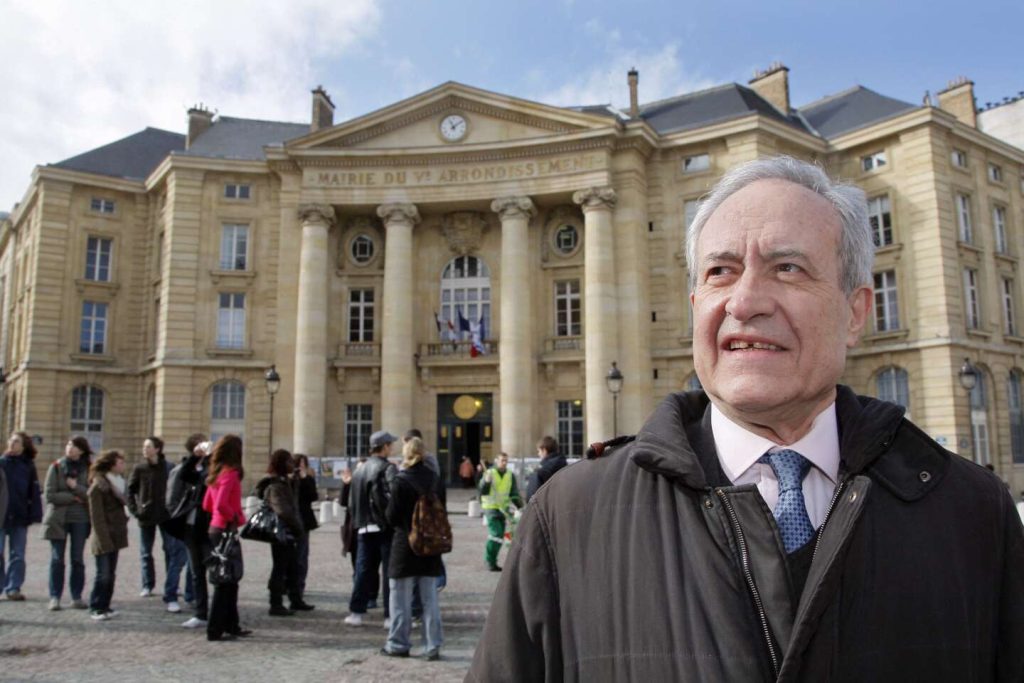It took twenty-five years for the truth about the electoral fraud scheme orchestrated by Jean Tiberi, former deputy and mayor of the 5th arrondissement of Paris, to come to light. In 1998, the Constitutional Council deliberately turned a blind eye to the fraud, and refused to cooperate with the justice system when a judge attempted to access the report on the “fake voters” case, citing the need to maintain the secrecy of their deliberations. However, following a constitutional reform in 2008, the Council’s archives can now be consulted after only twenty-five years, instead of sixty. The recent release of the minutes from the case sheds light on the extent of the electoral fraud committed by Tiberi.
The scandal began with the 1997 legislative elections in the 2nd district of Paris, which included the 5th arrondissement, where Tiberi was re-elected for a ninth term as deputy. Opposition candidate Lyne Cohen-Solal, representing the Socialist Party, contested the election results, citing irregularities in the voting process. An investigation by a French newspaper uncovered 800 fake voters in the district, prompting further scrutiny by the Constitutional Council. The Council’s rapporteur, Christine Maugüé, presented the findings of her investigation, revealing numerous irregularities such as non-existent addresses, false certificates, and a significant percentage of voters being removed from the electoral rolls.
The investigation exposed a systematic electoral fraud scheme, with voters registered at fictitious addresses and a suspicious clustering of voters from specific regions at suspected false addresses. For example, voters listed at addresses such as 373 rue Saint-Jacques had origins in former colonies, while those at 273 rue Saint-Jacques were from the Antilles, and those at 17 place du Panthéon were from Tunisia. The report detailed the implausible living arrangements of individuals sharing small apartments, and highlighted the anomalies in the dates of birth of registered voters, pointing to the fraudulent nature of the registrations.
The revelations from the Constitutional Council’s report paint a damning picture of Tiberi’s involvement in a massive electoral fraud operation. The refusal of the Council members to cooperate with the justice system and the subsequent delay in making the report public raise serious questions about the integrity of the electoral process at the time. The decision to reduce the consultation period for the Council’s archives has allowed for greater transparency and accountability, enabling the public to access crucial information about past electoral scandals. The release of the report has sparked renewed interest in Tiberi’s corrupt practices and underscores the importance of upholding democratic principles in the electoral system.
The case of Jean Tiberi serves as a cautionary tale about the dangers of political corruption and abuse of power in a democratic society. The revelations about the fraud scheme in the 5th arrondissement of Paris shed light on the challenges of ensuring fair and transparent elections, as well as holding elected officials accountable for their actions. The role of investigative journalism in uncovering electoral fraud and the importance of independent judicial oversight in addressing such issues are highlighted in this case. Ultimately, the exposure of the electoral fraud committed by Tiberi underscores the need for ongoing vigilance and reform to safeguard the integrity of the democratic process.


